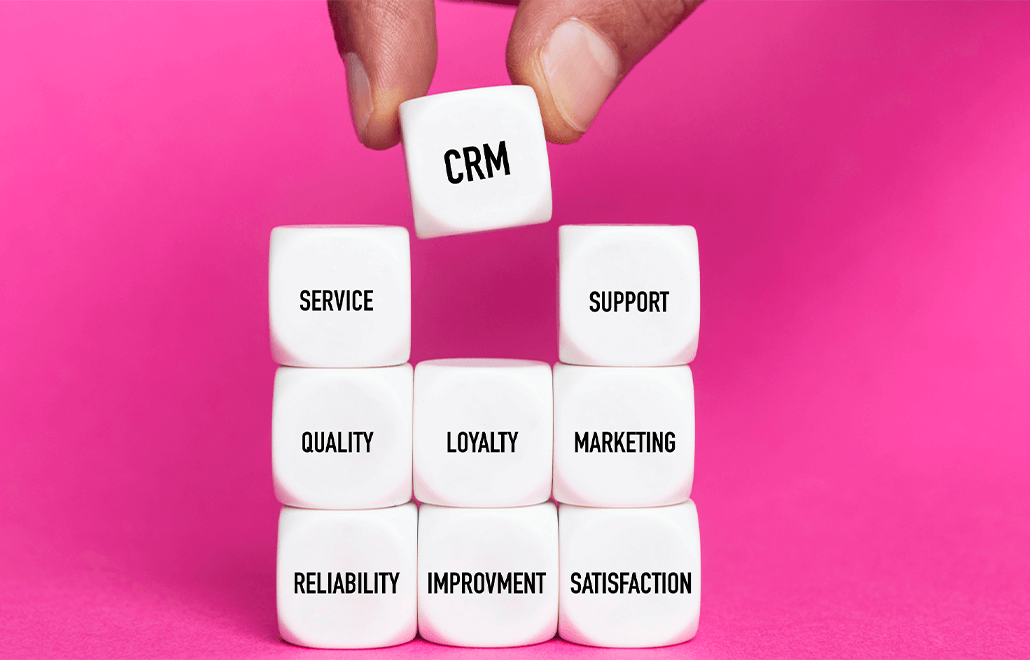
03 Oct From Lead to Loyal Customer: How CRM Automation Nurtures the Customer Lifecycle
In the dynamic landscape of modern business, nurturing customer relationships has evolved into a multifaceted challenge. Gone are the days when a one-size-fits-all approach sufficed. Today, it’s about delivering personalized experiences that guide leads seamlessly through the customer lifecycle. This is where Customer Relationship Management (CRM) automation steps in as a game-changer.
Understanding the Customer Lifecycle
Before delving into the realm of CRM automation, it’s vital to understand the customer lifecycle. This journey typically involves stages like awareness, consideration, purchase, retention, and advocacy. At each stage, the customer’s needs, expectations, and interactions with your brand evolve.
The Role of CRM Automation
- Lead Generation and Capture
At the outset, CRM automation helps capture leads efficiently. Through web forms, landing pages, and social media integrations, you can collect valuable customer data. Automated lead scoring assigns values to leads based on their behavior and engagement, ensuring you focus on the most promising prospects.
- Personalized Engagement
CRM automation empowers you to deliver tailored content and messages. By segmenting your leads based on demographics, behavior, or interests, you can send personalized emails, recommendations, and offers. This level of personalization enhances the customer experience, making leads feel valued.
- Streamlined Sales Processes
For leads who progress to the consideration and purchase stages, CRM automation streamlines sales processes. Sales teams can access a centralized database of lead information, track interactions, and automate follow-up emails or reminders. This not only saves time but ensures leads don’t slip through the cracks.
- Customer Retention
After a successful purchase, CRM automation continues to play a pivotal role. It enables you to set up automated nurture campaigns, delivering relevant content to keep customers engaged. You can also send personalized offers or loyalty rewards, reinforcing their loyalty to your brand.
- Feedback and Improvement
CRM automation facilitates the collection of valuable feedback through surveys and feedback forms. This data can be used to refine products, services, and the overall customer experience. By addressing concerns promptly, you can enhance customer satisfaction and retention.
- Advocacy and Referrals
Satisfied customers often become brand advocates. CRM automation can trigger referral programs or social sharing campaigns. This turns loyal customers into promoters, extending your reach and bringing in new leads.
Benefits of CRM Automation for Nurturing the Customer Lifecycle
- Efficiency: Automation streamlines repetitive tasks, allowing your team to focus on high-value activities.
- Consistency: Automated processes ensure that leads and customers receive consistent and timely communications.
- Scalability: As your business grows, CRM automation scales with you, handling a growing customer base effortlessly.
- Data-Driven Insights: CRM systems provide valuable data and analytics, helping you make informed decisions to refine your strategies.
- Customer-Centricity: Personalization and timely responses demonstrate your commitment to meeting customer needs.
In conclusion, CRM automation is not just a tool; it’s a strategic approach to nurturing leads into loyal customers. By automating and optimizing each stage of the customer lifecycle, you can create meaningful, long-lasting relationships that drive business growth and success. Embrace CRM automation, and watch your customers flourish along their journey with your brand.
